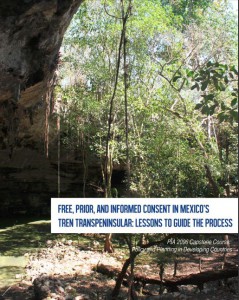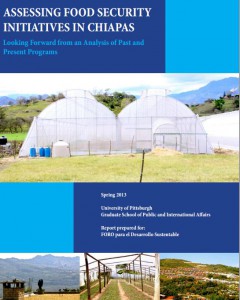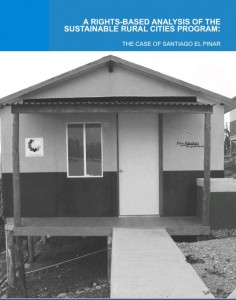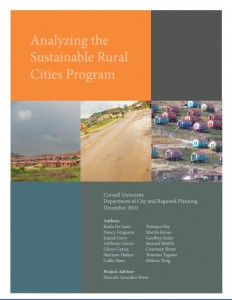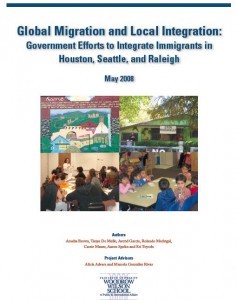PIA 2125 City and Region: Theory and Practice
Course Description: This course is about the current challenges faced in cities and regions, nearby and around the world—and how those challenges might be met. The majority of the world’s citizens live in cities, and therefore one cannot talk about human progress without thinking about progress in cities. As “mega-regions” consolidate, small cities grow rapidly, and older industrial cities shrink, the managerial, policy, and planning capacities of governments come under increasing stress. How can cities meet these challenges? To facilitate understanding of these dynamics and issues, this course is divided into two parts. The first part provides a general background necessary for the second part. We define the general concepts of “city” and “region,” and we talk about measurement issues involved in understanding what is happening to them. We also learn about the policy and planning process involved in addressing any issue in a city or region. The second part focuses on the challenges cities regions face, and how to solve them. Solving them implies having a theory about what causes them, so this part will begin with a discussion of major theoretical approaches to city and regional problems. It will then move on to cover specific issues such as economic development, transit, eminent domain, and sustainability. Emphasis will be placed on understanding the practical issues of implementing urban and regional policies, and learning about actual experiences with such policies in particular places. Syllabus
PIA 2096 Capstone course Policy and Planning in Developing Countries
Course Description: Capstone courses are focused on solving a problem posed by a “client,” which for this course is generally a nonprofit organization or government agency in a developing country. The capstones give students the opportunity to apply their expertise and skills to addressing planning or policy problems suggested by the client. In this particular capstone course, students will work with a local non-profit organization in Mexico working on development, sustainability, and gender equity. The organization is called Foro para el Desarrollo Sustentable (Foro). Development projects carried out by governments or private organizations frequently result in the displacement of people from homes that stand in the way of these projects. To prevent adverse effects from these processes, the UN and international development banks have standards they use to guide such projects, and many countries have adopted these standards as part of international and national regulations. A standard part of these requirements is conducting a prior, free, and informed consent protocol, which aims at assessing the wide-ranging impacts that projects will have in communities, including economic, environmental, social, and cultural impacts. These protocols also provide information to communities about these effects and establish the ways in which the community would benefit from projects. Foro is in the process of developing an informed consent protocol for the Communications and Transport Secretariat in Mexico (SCT), which SCT will use in its consultation with indigenous communities in various southern states before a regional rail project (Tren Trans-Peninsular, or TTP) is built in their communities. The students in the capstone seminar will aid Foro in developing this query protocol, by generating an in-depth analysis of the various ways to design such a protocol (e.g. developing a matrix of the pros and cons of different protocol designs) as well as conducting a literature review of relevant cases. The final result of the capstone will be a short report authored by the class and submitted to Foro. Syllabus. The following are reports that have been produced by students in recent years:
PIA 2707 Urbanization & Sustainable Development in International Context
Course Description: This course examines the processes of urbanization and economic development. The course is divided into three sections. The first is a general overview of global trends of urbanization and development, as well as an introduction to key concepts and the way they are commonly measured. The second section covers principal theoretical perspectives on urbanization and development, with an emphasis on how the rapid growth of cities and their transformations is a socially conflictive process. The last section of the course focuses on key challenges that cities face, ranging from the need for infrastructure and services, to growing income inequality and urban poverty, to shrinking cities, to mega-projects and displacement. We examine the policies and processes that have attempted to address these challenges, such as alternative ways of delivering services, urban anti-poverty programs, community benefits agreements, participatory community planning, and urban social movements, asking whether the urbanization process can be more egalitarian while still generating economic growth. Though the course takes a broad theoretical perspective on these processes, there is a focus on Latin America when looking at examples. Syllabus
